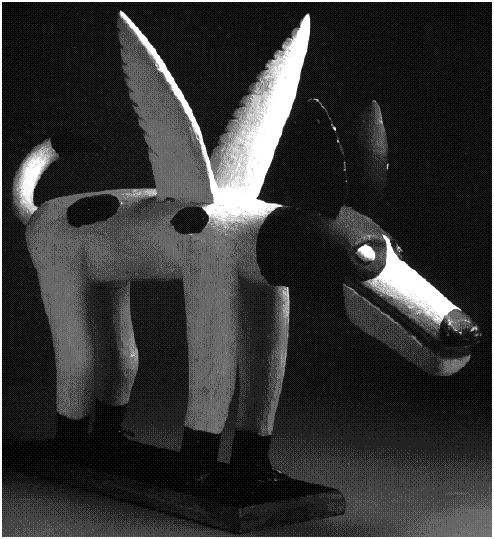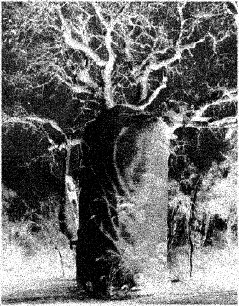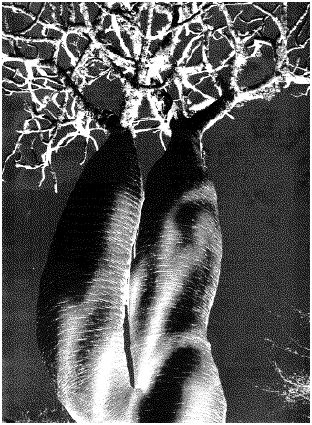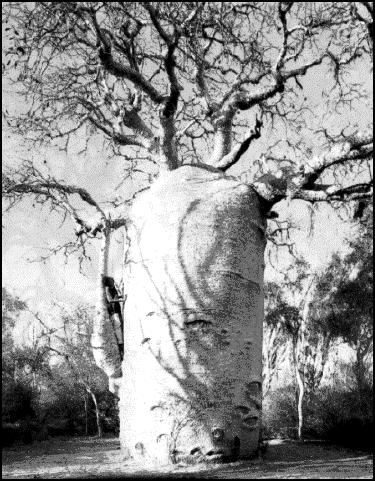Treblinka
Our Treatment of Animals
And the Holocaust
Charles Patterson
(Lantern Books)

the vast human slaughterhouse had reached the peak of its efficiency. Long trains transported Hungarian Jews to the annex camp of Birkenau on a three-track siding that went right up to the new crematoria working at full capacity....
Next paragraph:
While the American meat industry has had more than a century to streamline its operations, the acceleration of line speeds in the last twenty-five years has greatly increased the pace with which the meat and poultry industries slaughter animals.
In our college classes in Aristotelian logic we were shown that a may equal b and b may equal c but c does not necessarily equal a. Patterson is saying:
- Mistreating and murdering people = bad;
- Mistreating and murdering animals = bad;
- Mistreating and murdering people = Mistreating and murdering animals
When one equates Jews in the holocaust with pigs going to slaughter, something very screwy is going on. A people is not a pig. Au contraire, if I call someone a pig, it's insult of the highest order.
Patterson is obviously well-read and has done his homework. He quotes with affection the great Yiddish writer, Isaac Bashevis Singer. We would guess that Singer would have a fine time writing about someone who can devote a single book to such a huge lapse of logic.
I have a dog named Rover who is a good friend, and a cat named Hodge that I put up with, even though she obviously barely puts up with me. But over my beloved Hodge and Rover I hold an even higher regard for the human species --- despite the proliferation of fools, murderers, terrorists, attorneys, politicians, and fundamentalist preachers.
If I know of an animal being tortured, I don't like it and --- if presented the opportunity --- would move to protect the animal. But if I know of a human being tortured, my level of discomfort goes up by a factor of 1,000, and I would do even more to stop it. And if I know of children being neglected or brutalized, my discomfort becomes rage, and I would move heaven and earth to stop this travesty.
Patterson tells us of a man named Dietrich von Haugwitz who visited Mexico, saw a bullfight, and, when the bull was killed,
broke down --- emotionally and physically. I had never witnessed such unabashed animal torture before and simply couldn't believe what I was seeing.
Mexico at the time (the 1960s) was a third world country. In coming to and going from the bullfight, von Haugwitz would have passed dozens of children, five, six, seven, ten years old, in rags, without shoes, begging for money.
But von Haugwitz's heart went out to a cow; he didn't even see and does not mention the children starving, in agony all about him. It's a rather peculiar set of values.
Eternal Treblinka is so topsy-turvy that I thought I was reading satire --- a modern-day Dean Swift, Voltaire, Lord Byron --- or a Joseph Heller, Hunter Thompson, Tom Wolfe clone. However, after 300 pages of strange and unbelievable parallelisms, I came to the conclusion that not only was I wrong, but that this guy could do with a month or so traveling about the museums of the concentration camps he so casually uses as part of his title.



